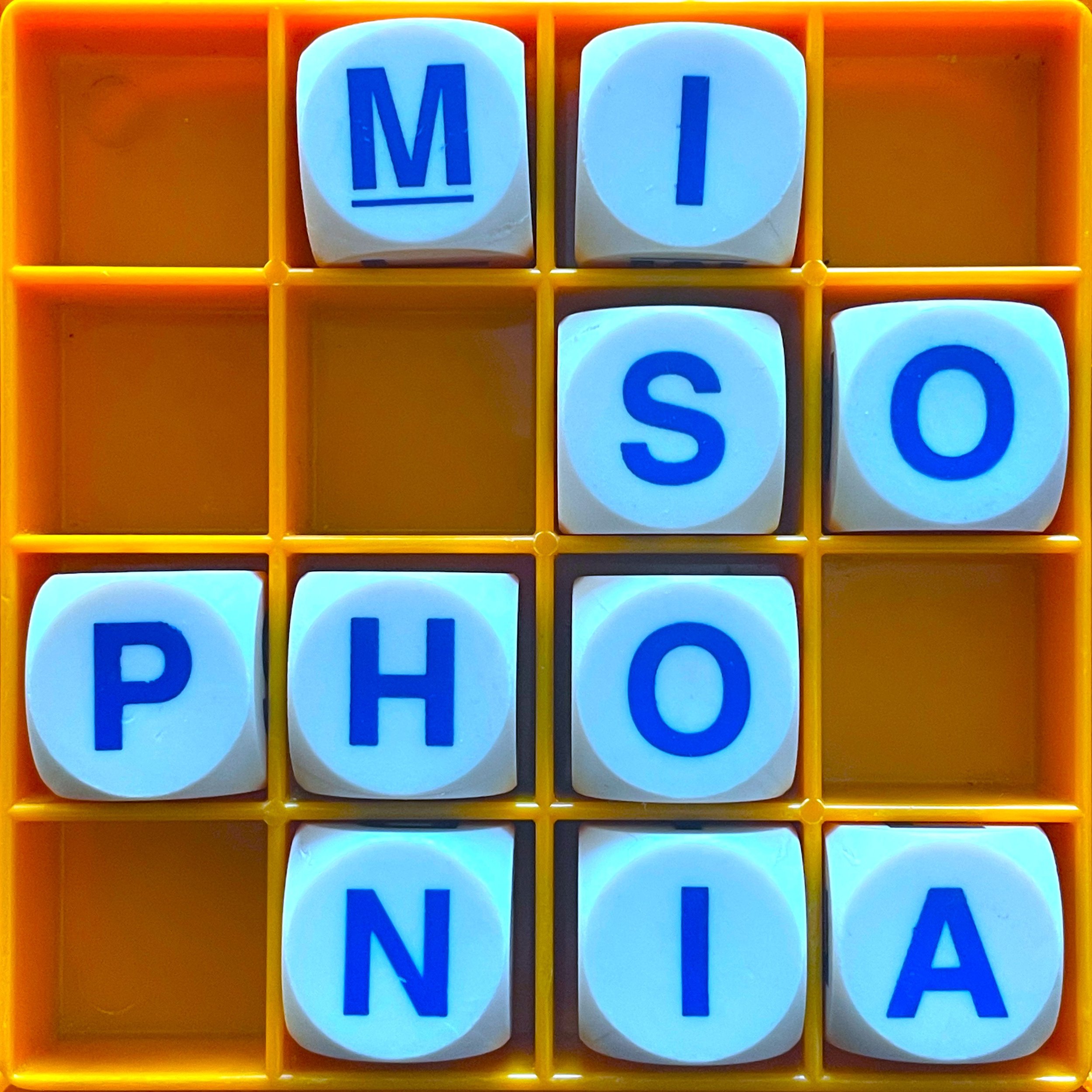JANE GREGORY: Misophonia is an extreme reaction to certain sounds and not an aversion to all sounds, but an extreme reaction to specific sounds. And the most common sounds are eating and heavy breathing and kind of repetitive sniffing and coughing and things like that. Which are also sounds that most people don't like the sound of, but people with misophonia will get a much more intense reaction, so it might be more like a fight or flight kind of response, a feeling of anger or panic as opposed to feeling annoyed or irritated or disgusted by the sound. And there's a bit more to it in terms of what goes on around the sounds as well. So it might be feeling trapped or helpless when they can't get away from these sounds. It might be listening out for sounds, even when there aren't any, or continuing to listen to see if the sound is still going, even if it's stopped. And doing things to organize your life around sounds or to cope with sounds. when they happen. So most people who don't like a sound will just deal with it. For people with misophonia, they have to do things to not be able to hear it or to be able to cope with their reactions to it.
HZ: Rather than just grimacing.
JANE GREGORY: Exactly. I mean, there's also some grimacing, but probably also some glaring.
Allusionist 167 Bonus 2022 transcript
TIM CLARE: Hippocampus, meaning ‘horse’ because it looks like a a sea horse, right? …Oh, don't look at them! They look absolutely terrifying!
HZ: I I've never seen a hippocampus, so I don't know.
TIM CLARE: There is a real David Cronenberg-like element to them.
Allusionist 152 Asperger transcript
EDITH SHEFFER: I do think it's important that Asperger's syndrome be removed as a distinct label. I don't think it's helpful medically and then ethically. Eponymous diagnoses are bestowed as an honour, to commend someone for one's life work and also to commend someone for discovering a condition. And arguably Asperger merits neither.
Read more


